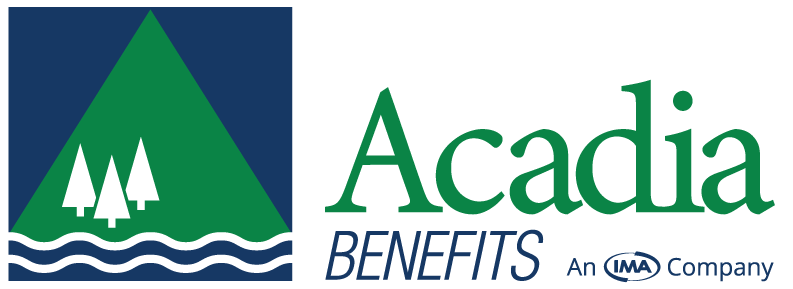Begun in 2005, the UBA Health Plan Survey is the nation’s largest independent health plan benchmarking survey, providing unprecedented plan design and cost trends. You, as employers, have the unique opportunity exclusively through Acadia Benefits to compare your plans with competitors by region, state, industry, and size. By benchmarking your plan, you can ensure you are not:
- paying too much for your benefit plan
- losing the best and brightest employees to competitors with better plans.
2020 certainly has been a challenging year, and as the pandemic impacts our country, we are seeing the crucial pillar supporting our local workforce is employer-sponsored healthcare. We have been closely watching plan design and costs trends in order to advise our customers on the most competitive health plans in the marketplace. Here’s a look at the few trends from the 2020 UBA Health Plan Survey, based on responses from 11,788 employers sponsoring 21,980 health plans covering 1,366,186 employees nationwide, that are important to note:
- On average, employees continue to pick up about 32% of the premiums while employers pick up approximately 68%. Government employees contribute the least toward plan costs (only 23.4%), while the construction/transportation industry passes on the most cost to employees (36.4%).
- Approximately 80% of plans are fully insured, and 20% are self-funded or level-funded. Not surprisingly, more than 60% of large employers (500+ employees) and 30% of midsize employers (100-499 employees) choose self-funding or level-funding. What is surprising is the continued increase in the number of small employers opting for self-funding. While only 7% of these employers chose self-funding five years ago, 18% of these groups chose to self-fund in 2020.
- To help manage higher deductibles and out-of-pocket costs, approximately one quarter of all plans offer a health savings account (HSA), and of those, nearly 70% provide an employer contribution. While the average employer contribution for singles remained flat in 2020, employers decreased their contributions to families’ accounts. Only 7.3% of plans offer a health reimbursement arrangement (HRA).
While we wait to see how postponed preventive care and delayed elective surgeries will affect the health of our workforce, and how the total costs of COVID-19 testing, treatment, and vaccinations will be financed, we are already leveraging our knowledge of the local marketplace, along with data from the UBA Health Plan Survey to recommend renewal strategies for 2021.
Please contact me for additional information and to receive a custom benchmarking study of your health plan. I am happy to provide you with data from the 2020 survey so you can more accurately evaluate costs and compare your current benefit plan’s effectiveness against other companies in the area.

Vicki Ferentz
207.822.4382
vferentz@acadiabenefits.com
This information is general and is provided for educational purposes only. It reflects UBA’s understanding of the available guidance as of the date shown and is subject to change. It is not intended for provide legal advice. You should not act on this information without consulting legal council or other knowledgeable advisors.


